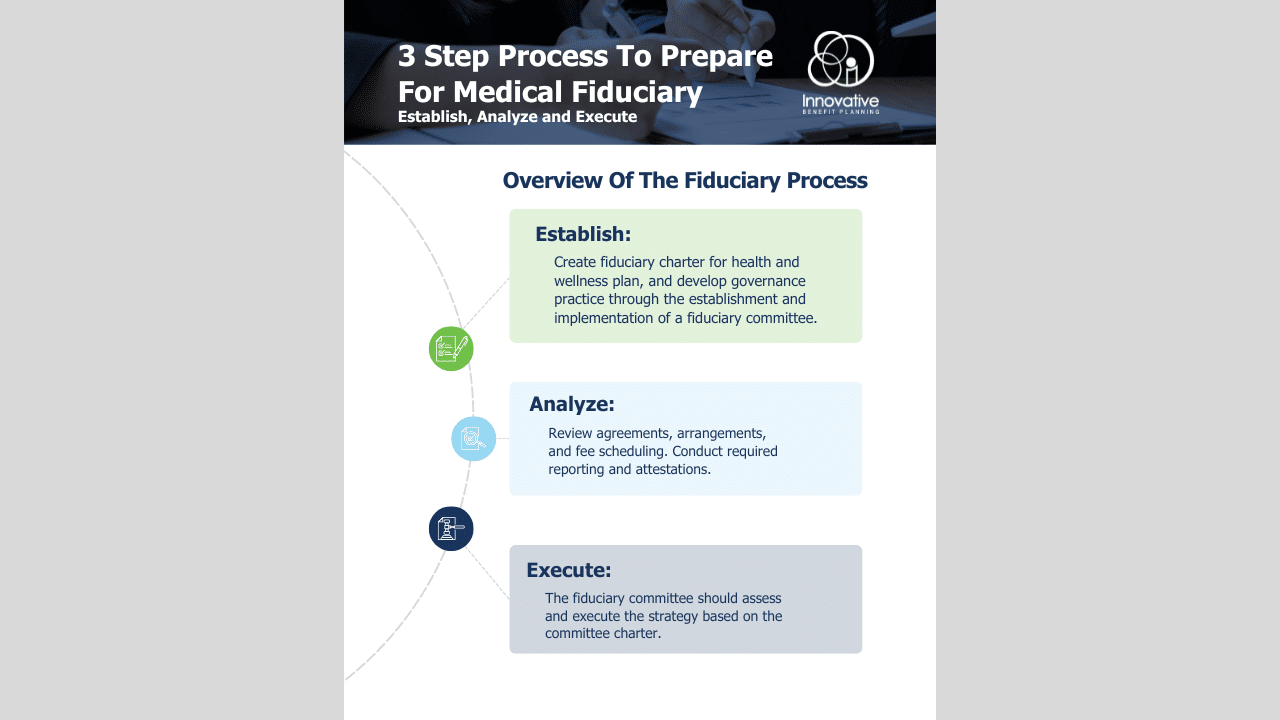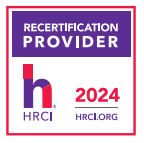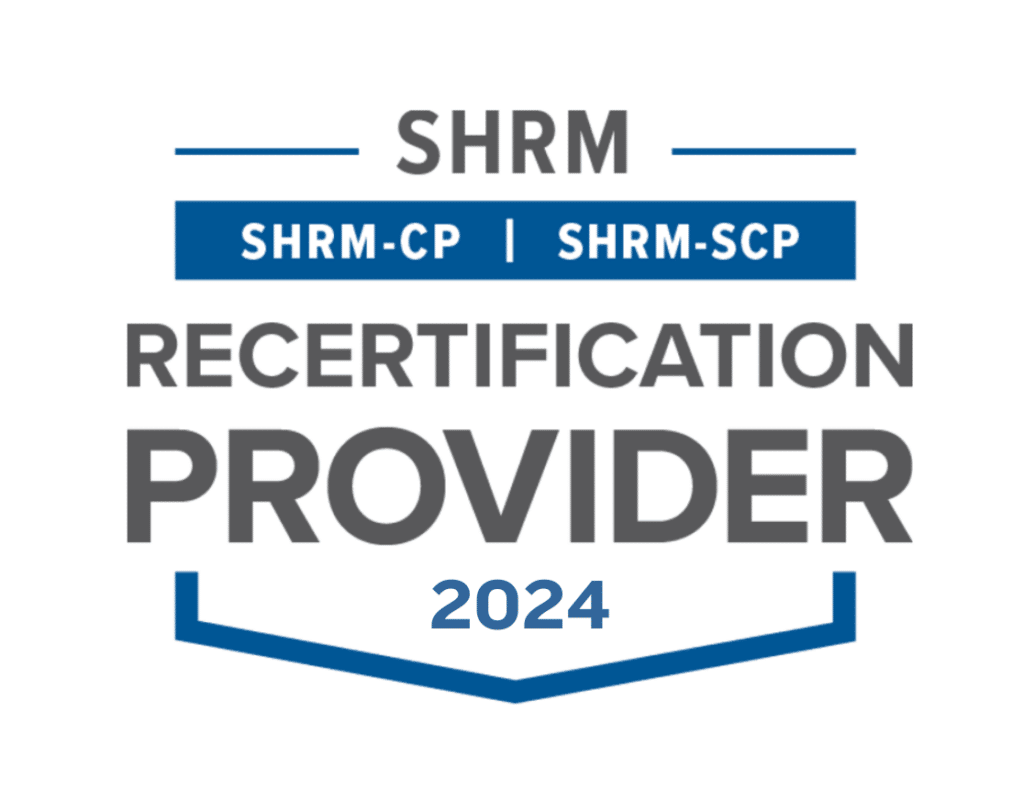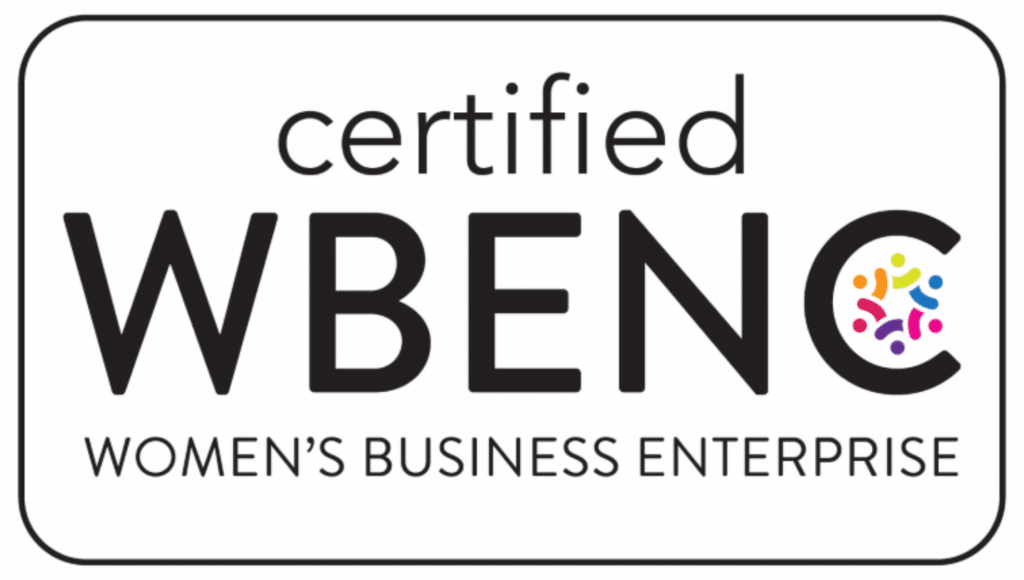National Nutrition Month® is an annual campaign started by the Academy of Nutrition and Dietetics to raise awareness of the importance of making informed, healthful food choices to prevent and combat illness. Did you know that food is the most powerful medicine? Medicine comes with many positive and negative effects to treating illness. Medicine may improve your overall condition, but it also comes with side effects and complications. Generally, medicine is used to treat the disease not prevent it. According to the CDC, 6 in 10 adults in the United States have a chronic disease and 4 in 10 adults have two or more chronic diseases. A staggering 75% of the nation’s health care cost is spent on the treatment of chronic disease. Now more than ever, there is a national push towards lifestyle modification to promote prevention.
Energy-Dense vs Nutrition-Dense Foods
Energy-dense foods, also know as calorie-dense foods, contain a substantial number of calories per serving. Energy-dense foods such as processed carbohydrates, tend to have a low nutrient content. Some energy-dense foods can be nutritious such as avocados and nuts. However, even nutritious energy-dense foods should be consumed in moderation. For decades we were told that consuming fat increased risk of obesity and diabetes. However, in the past decade, more studies have shown the benefits of dietary fat, dispelling longstanding negative connotations. US Dietary Guidelines removed an upper limit on dietary fat intake after numerous studies showed beneficial effects and chronic disease prevention. So how does dietary fat promote weight loss? Consuming the recommended amount of dietary fat promotes satiety and keeps blood sugar levels even. Dietary fat consumption leaves less room for processed carbohydrates in the diet and therefore minimizes blood sugar spikes. Research shows that a low carbohydrate diet (that still incorporates whole grains) with lean protein, healthy fat sources, fruits and vegetables were beneficial for lowering triglycerides, the main fat-carrying particle in the bloodstream.1 Remember, understanding what you eat can help you prevent disease and live a healthy life!
For more information about your wellness program, contact Innovative Workplace Wellness at wellness@ibpllc.com or contact us here.












